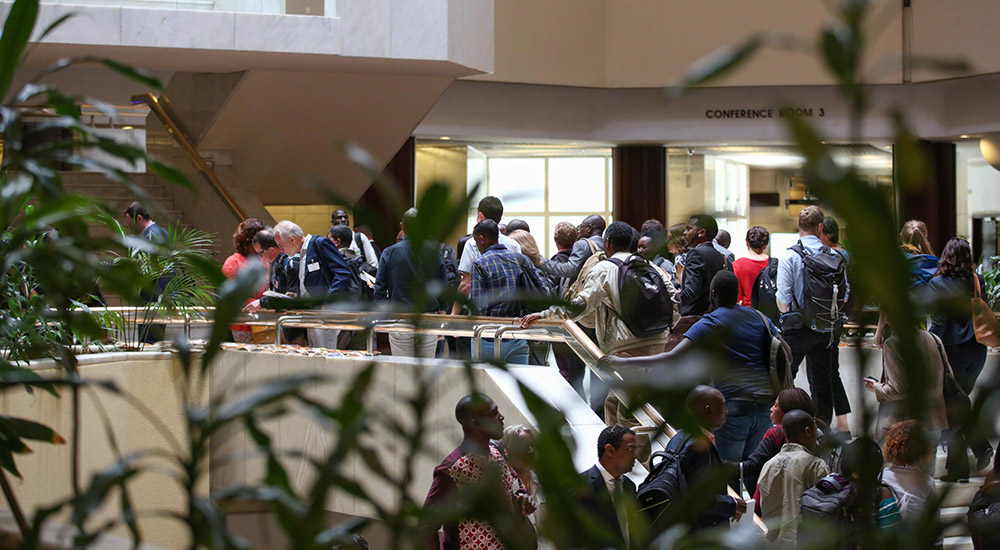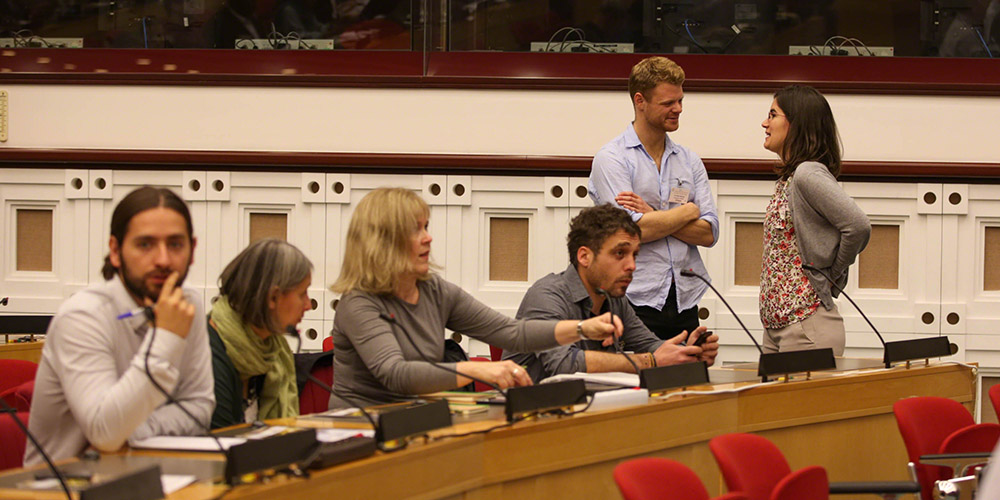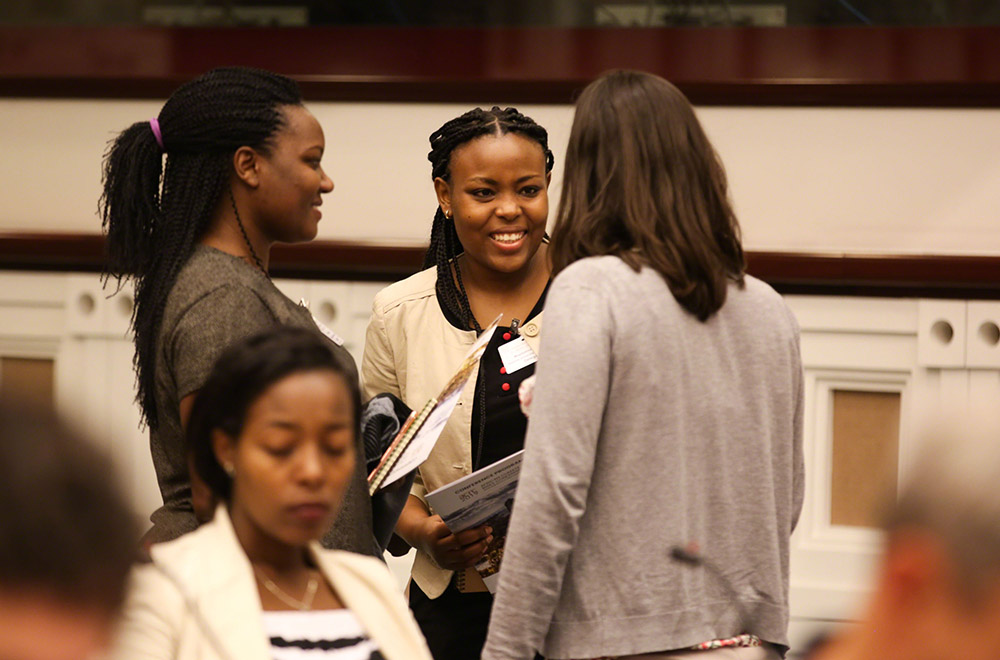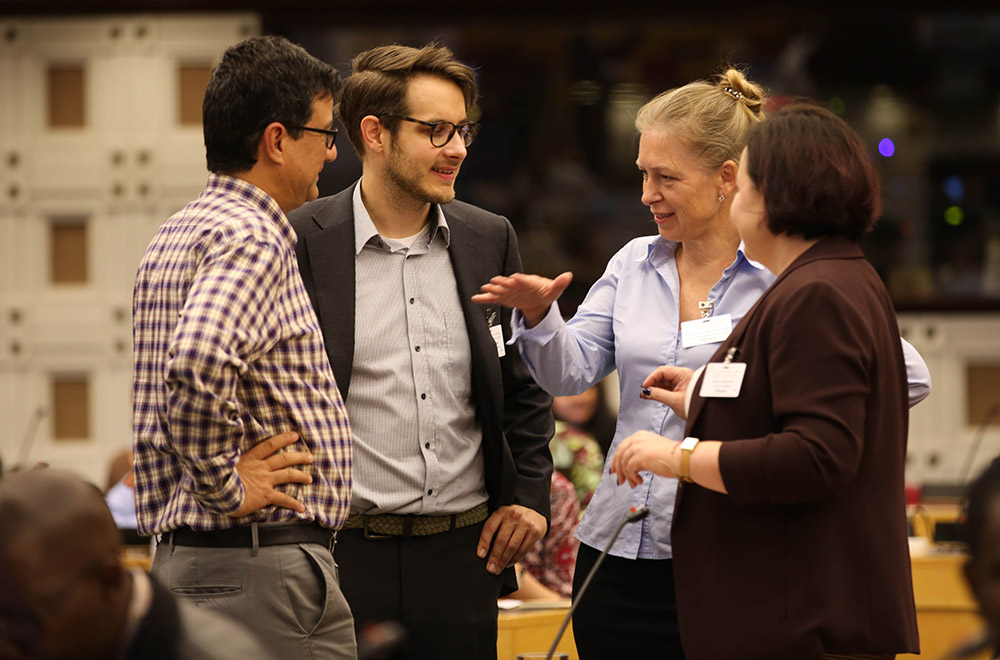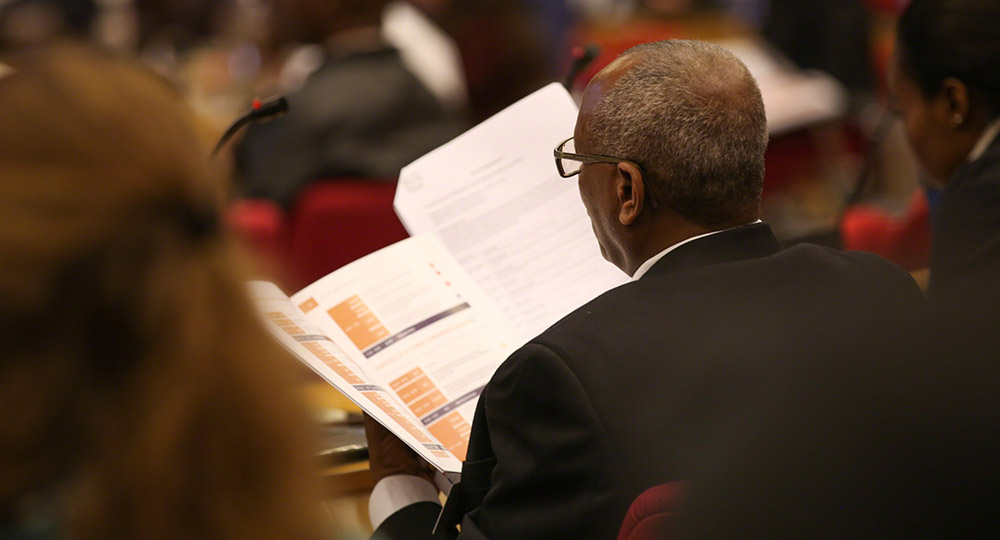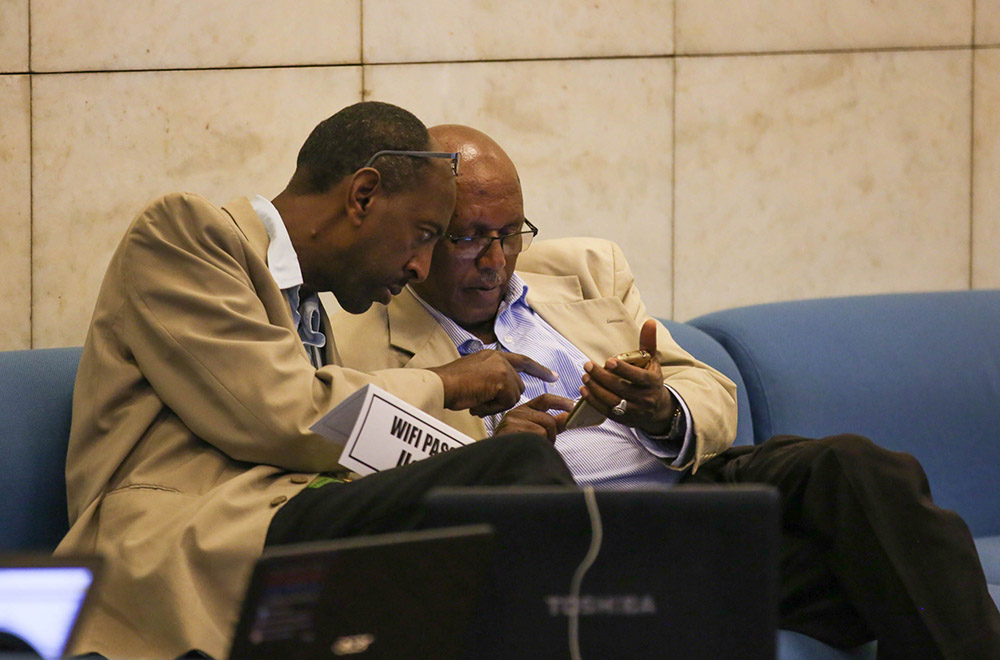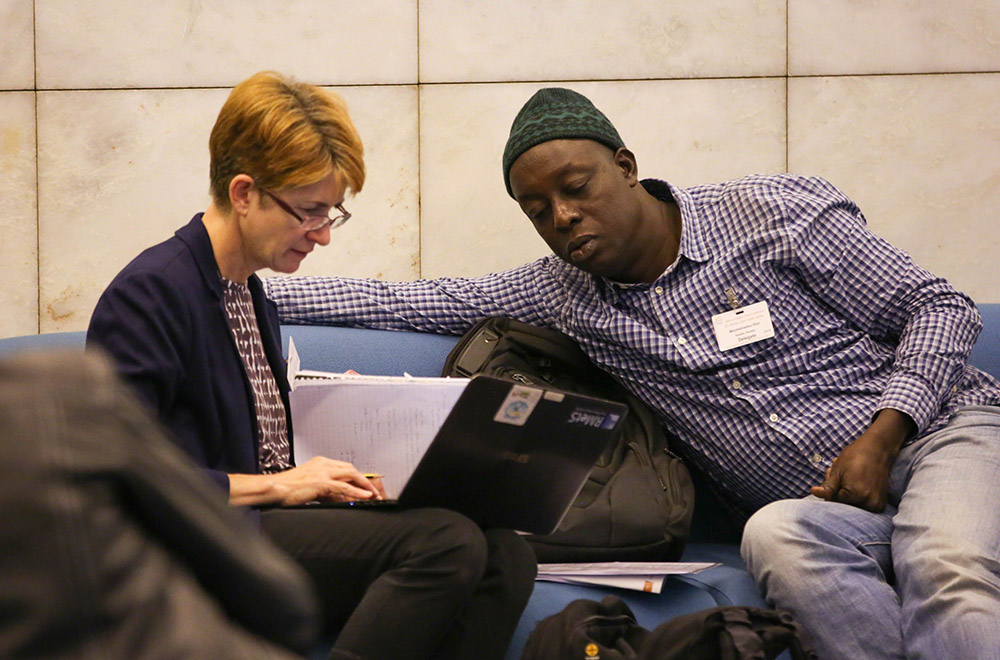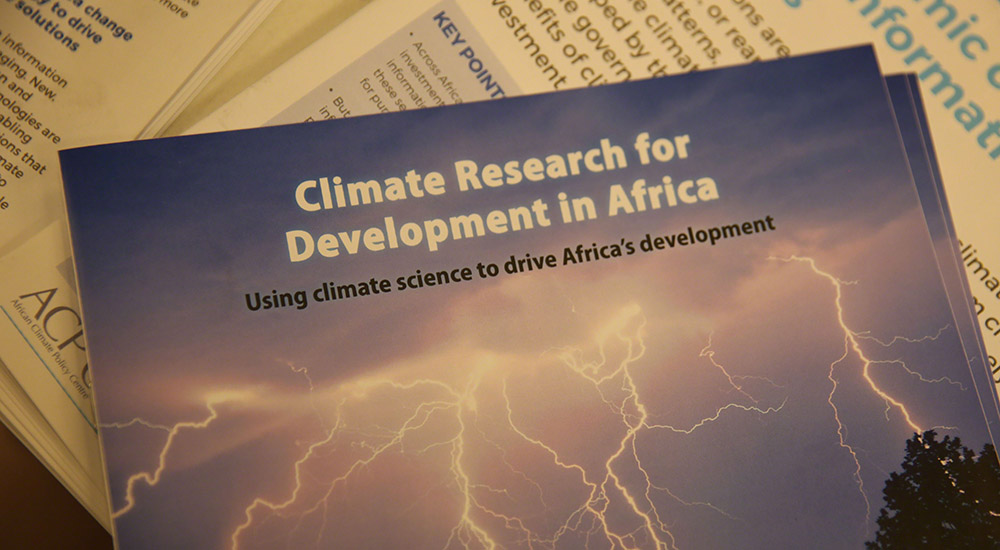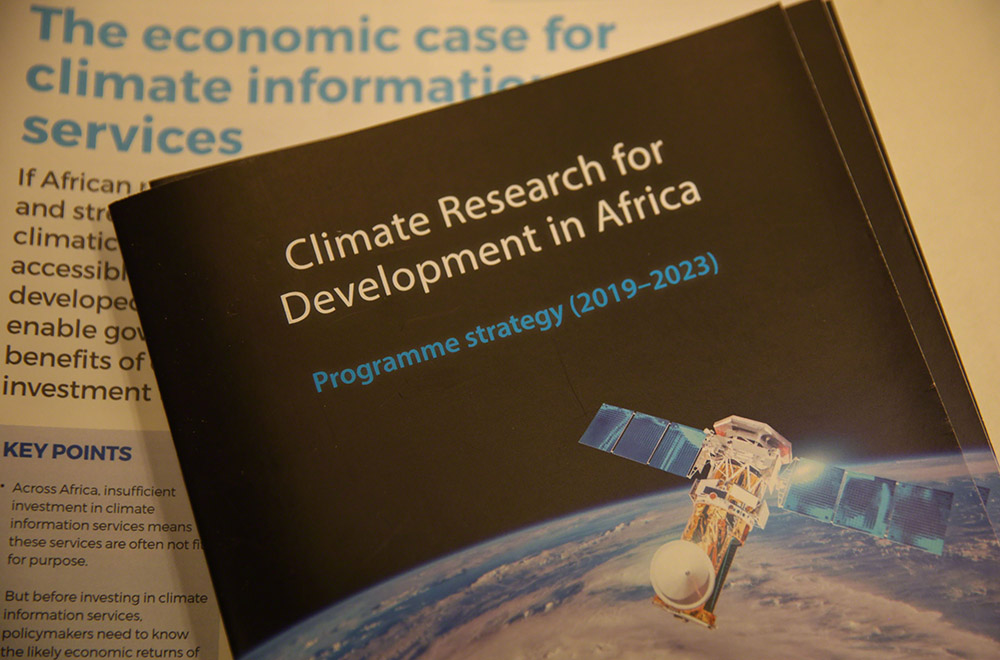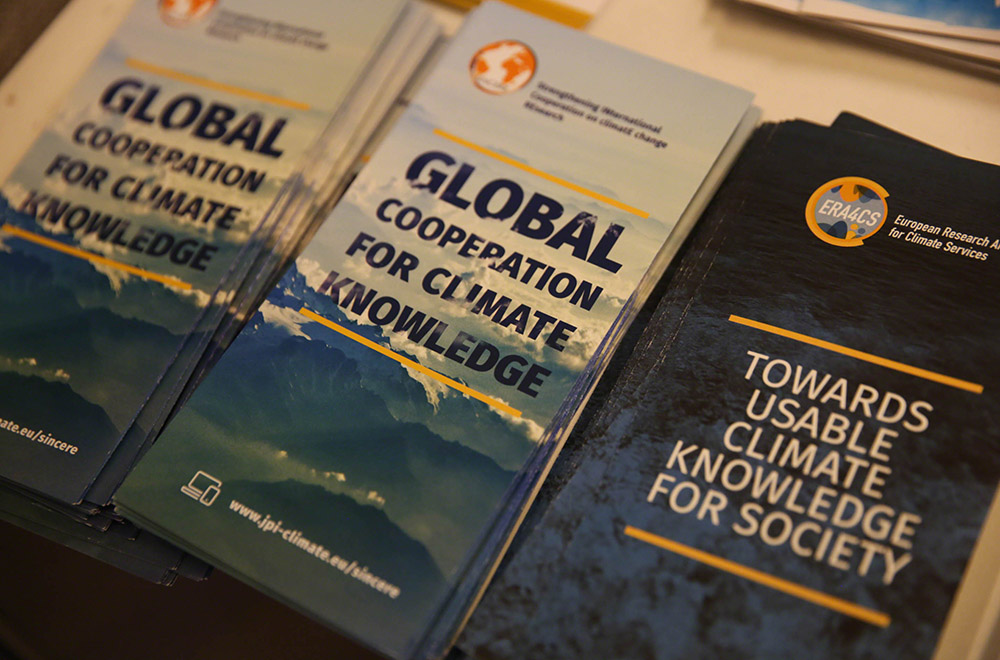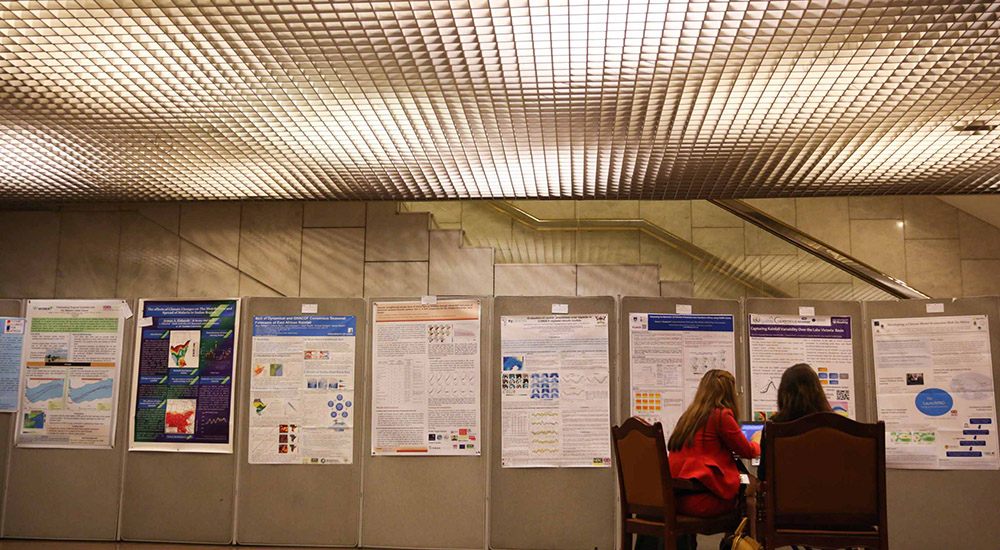Summary
Highlights for Monday, 7 October 2019
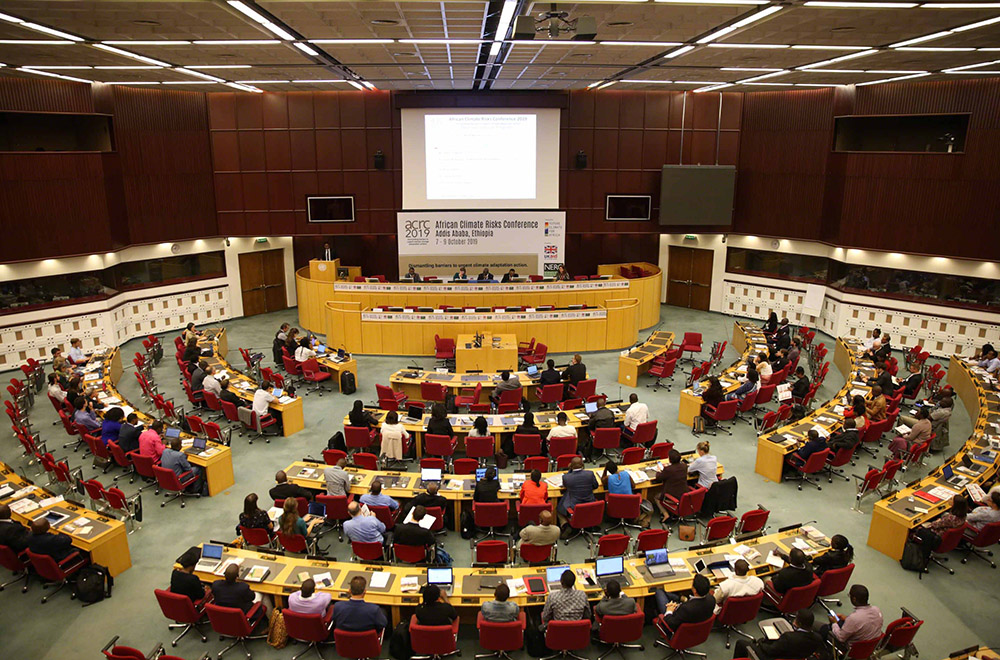
The first African Climate Risks Conference (ACRC) opened on Monday, October 7, in Addis Ababa, Ethiopia, aiming to offer a robust platform for sharing the latest African climate research.The meeting kicked off with a high-level opening session under the overarching theme: “Dismantling barriers to urgent climate change adaptation actions.” Fekadu Beyene, Commissioner, Environment, Forest, and Climate Change Commission, Ethiopia, noted that while Africa's contribution to GHG emissions is negligible, it is heavily impacted by climate change, thus rendering climate adaptation a necessity. Joseph Mukabana, World Meteorological Organization (WMO) Regional Office for Africa, highlighted the conference as a space for coordinating efforts to optimize resources and avoid duplicating efforts, and noted the need for technology, capacity building, and finance. Drawing attention to various climate change-related challenges affecting Africa, Fetene Teshome, National Meteorology Agency, Ethiopia, noted that climate variability is a threat to agricultural production, compromising development.Julius Kabubi, UN Office for Disaster Risk Reduction, urged the implementation of the Sendai Framework for Disaster Risk Reduction and the African programme of action for the implementation of the Framework. Filipe Lúcio, Global Framework for Climate Services, drew attention to the damage caused by Tropical Cyclone Idai, noting that drainage systems provided by mangroves and wetlands serving the city of Beira, in Mozambique, had been degraded by human settlements and charcoal production. Rosalind West, Climate Science and Services Advisor, Department for International Development, UK, stressed the meeting as an opportunity to: listen and learn; collaborate; and scale up efforts by transitioning from research into action.Before breaking into parallel thematic sessions, participants heard presentations, in plenary, on findings from the Future Climate for Africa Programme. Various projects were outlined on, inter alia, rainfall trends, rainfall paradoxes in different African regions, and future resilience for African cities and lands.Parallel thematic sessions were held throughout the day, including:
The dense first day of ACRC also included two panel discussions, focusing on the agricultural and water sectors, respectively; two workshops on climate information distillation, focusing on constructing climate messages for decision making, and on collaborative resilience-building through Theatre Forum; a training session on the messages of the 2019 Intergovernmental Panel on Climate Change (IPCC) special reports for sub-Saharan Africa; and a seminar examining climate change adaptation.
IISD Reporting Services, through its ENB+ meeting coverage, provided daily photographic coverage and a summary report from ACRC 2019. The summary report is now available in HTML and PDF.
Photos by IISD/ENB | Kiara Worth
For photo reprint permissions, please follow instructions at our Attribution Regulations for Meeting Photo Usage Page
Opening Session
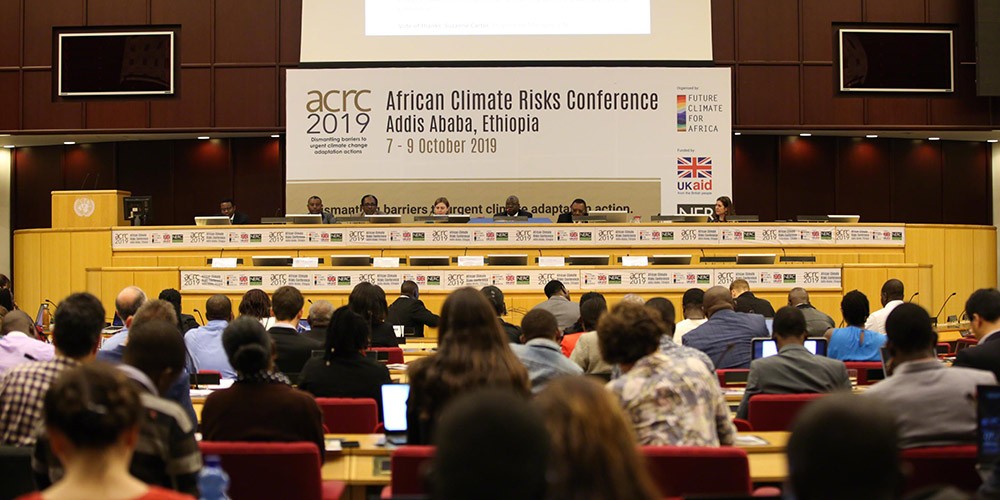
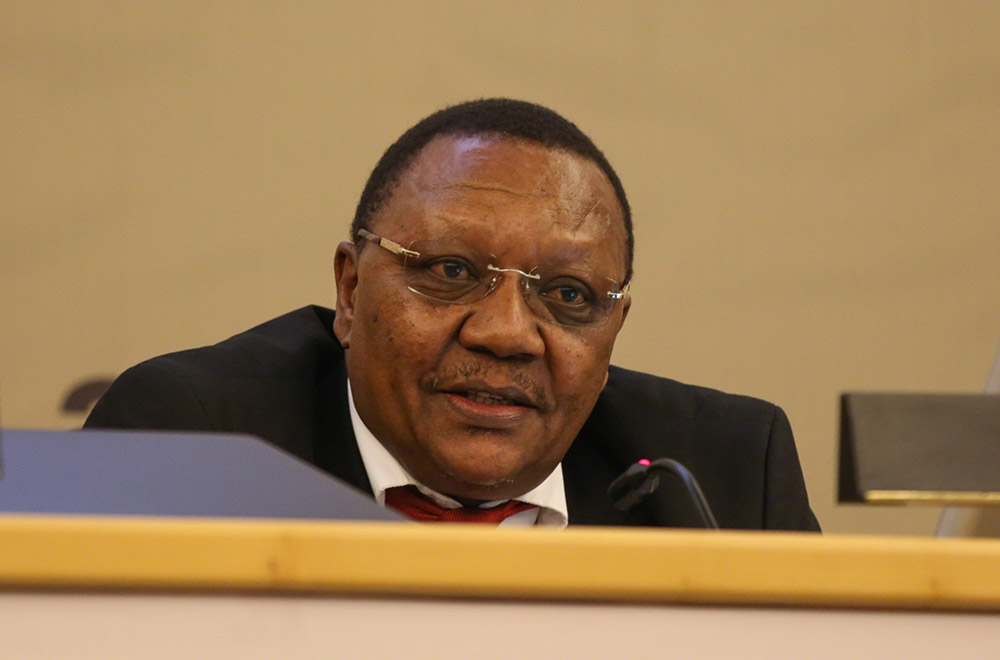
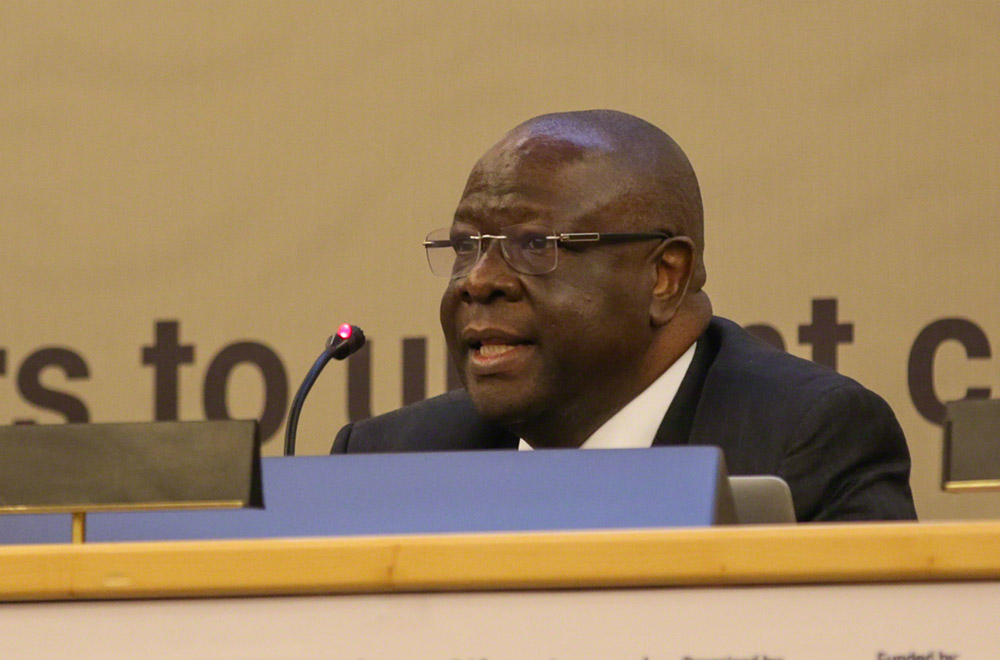
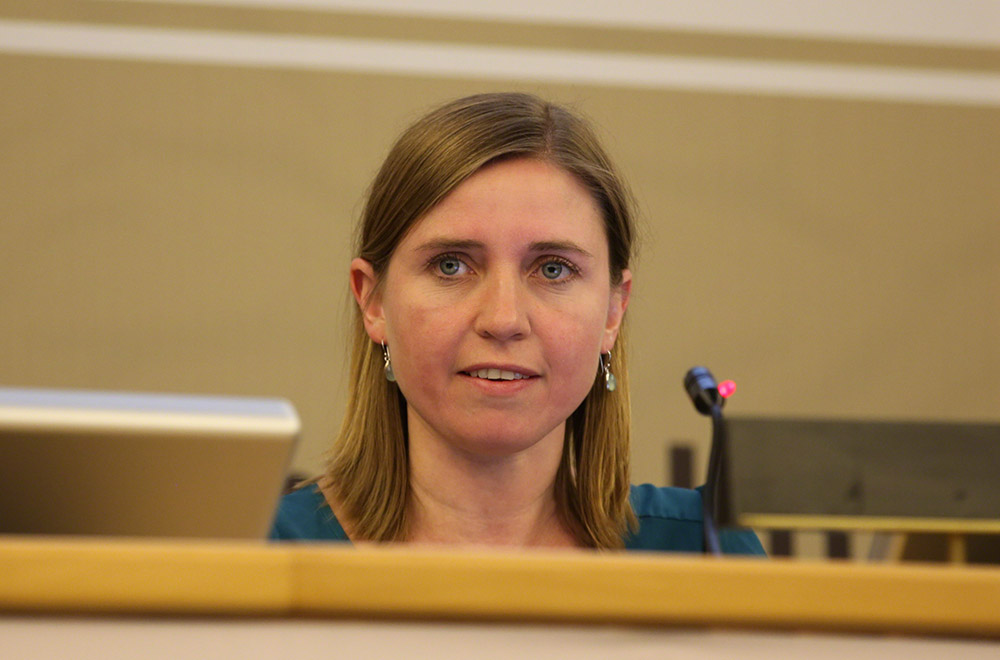
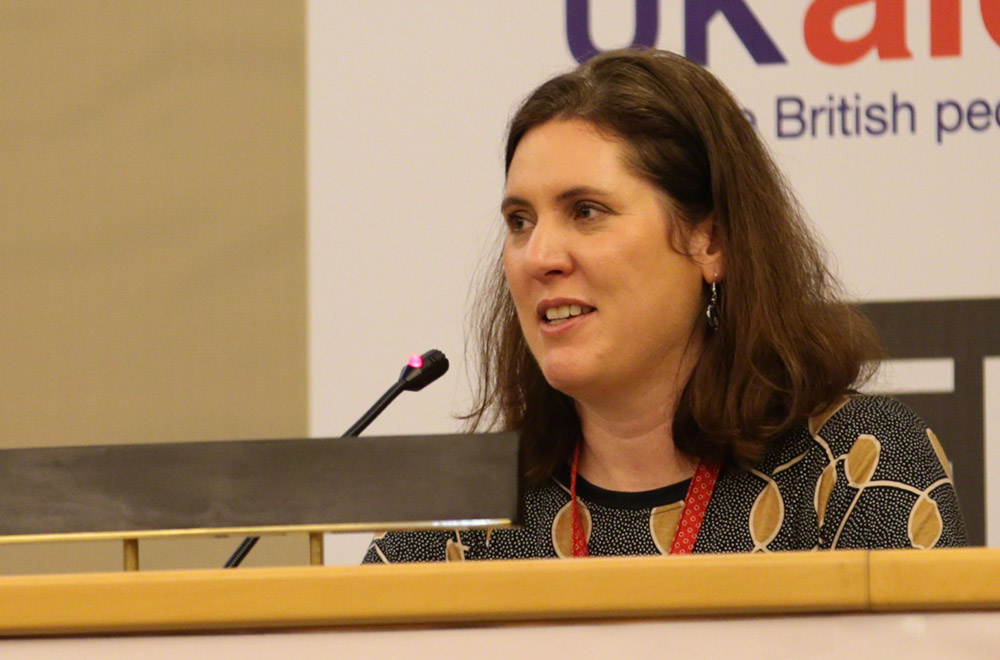
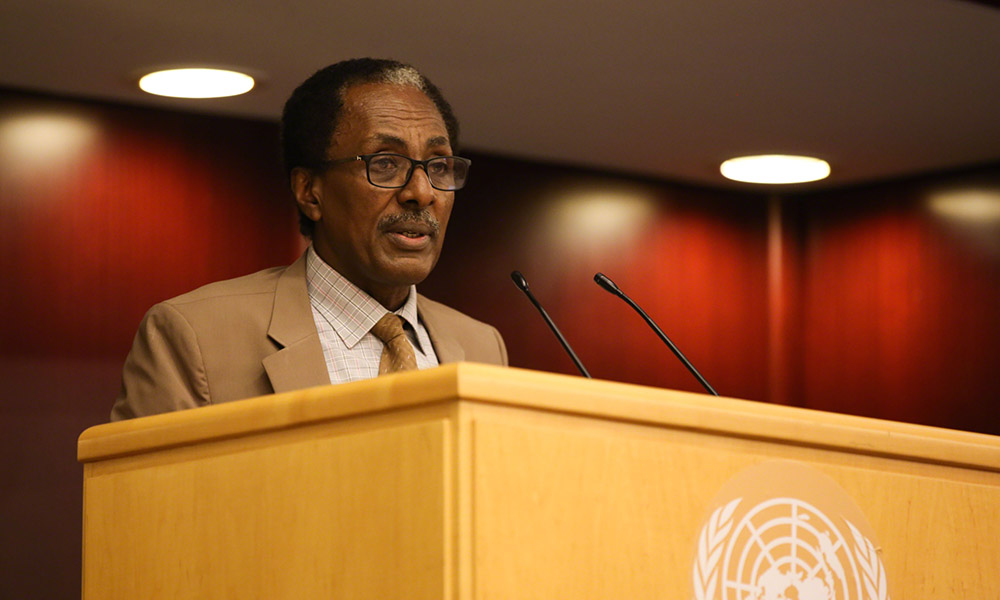
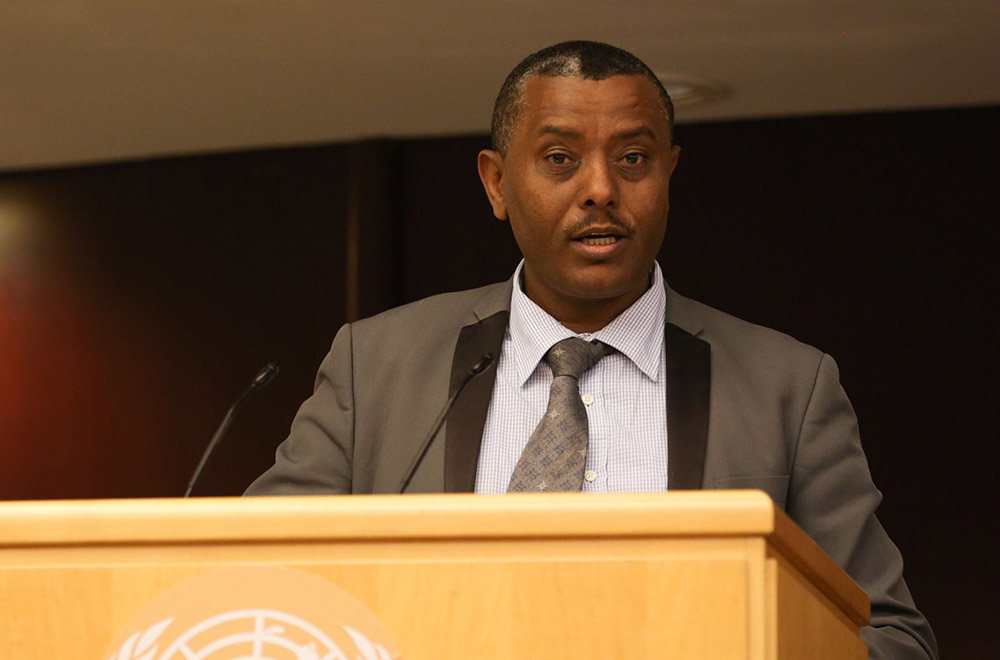
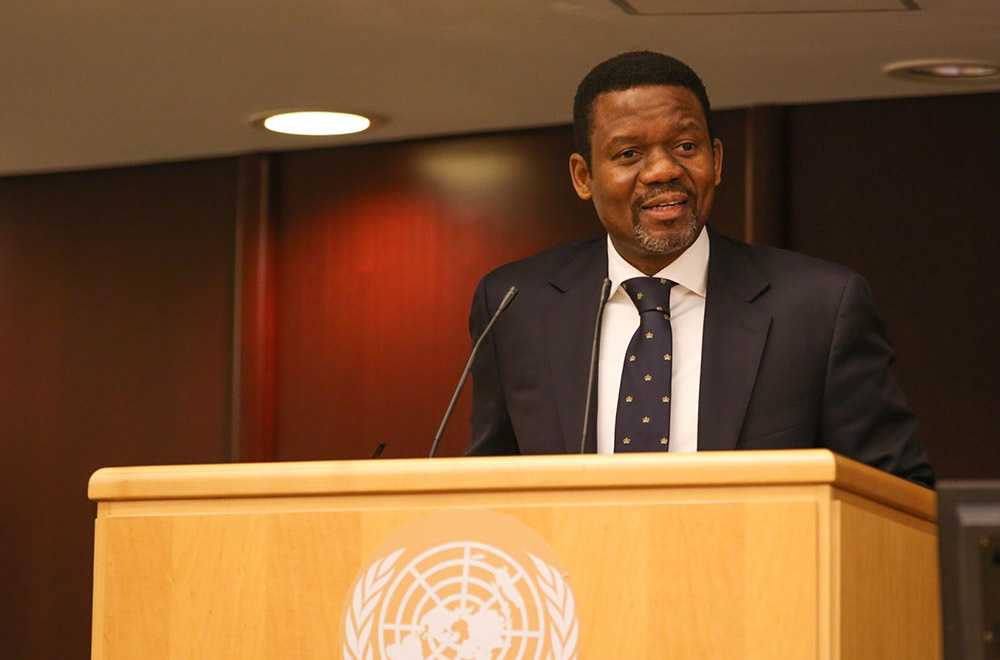
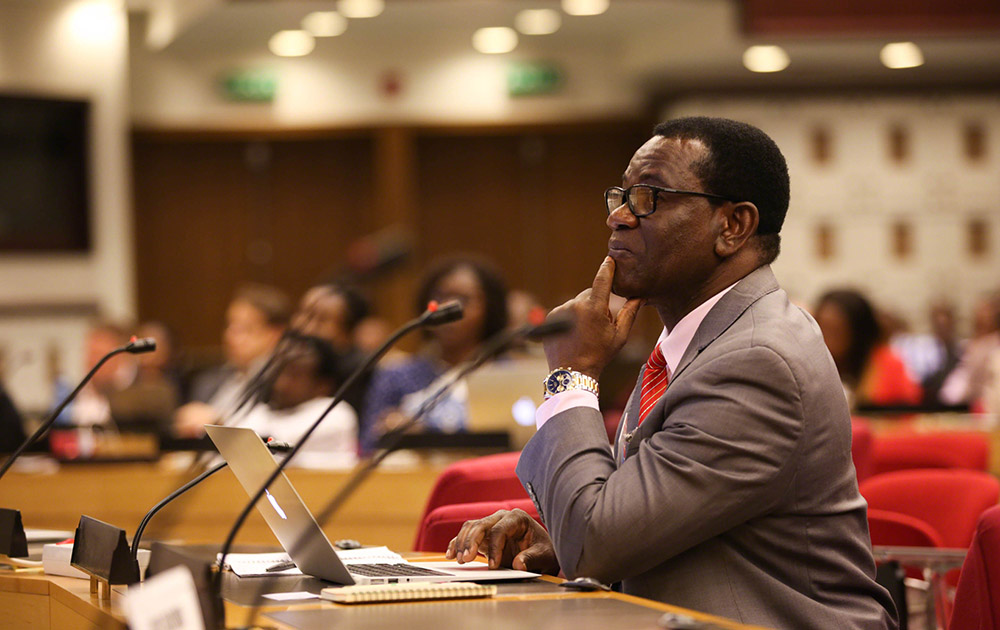
Findings from the Future Climate for Africa Programme
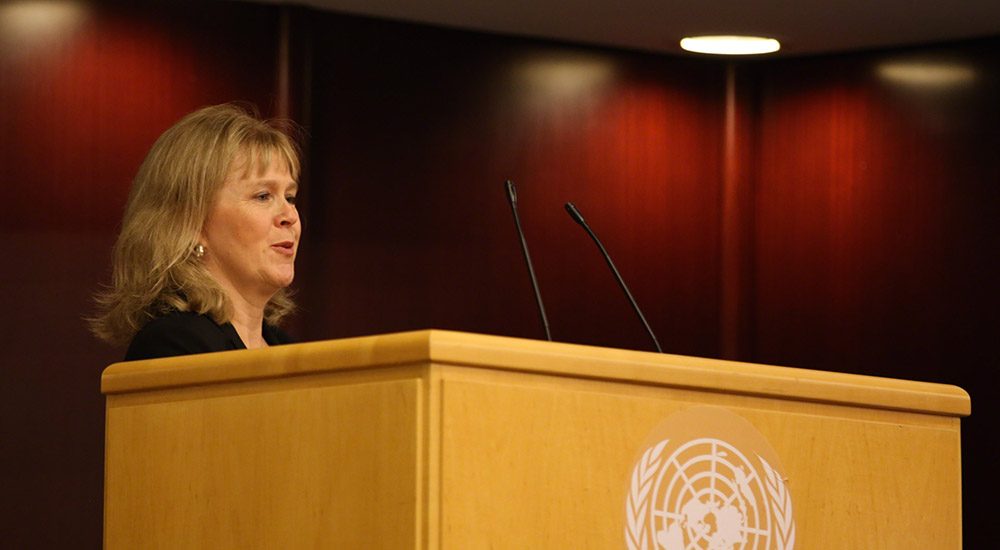
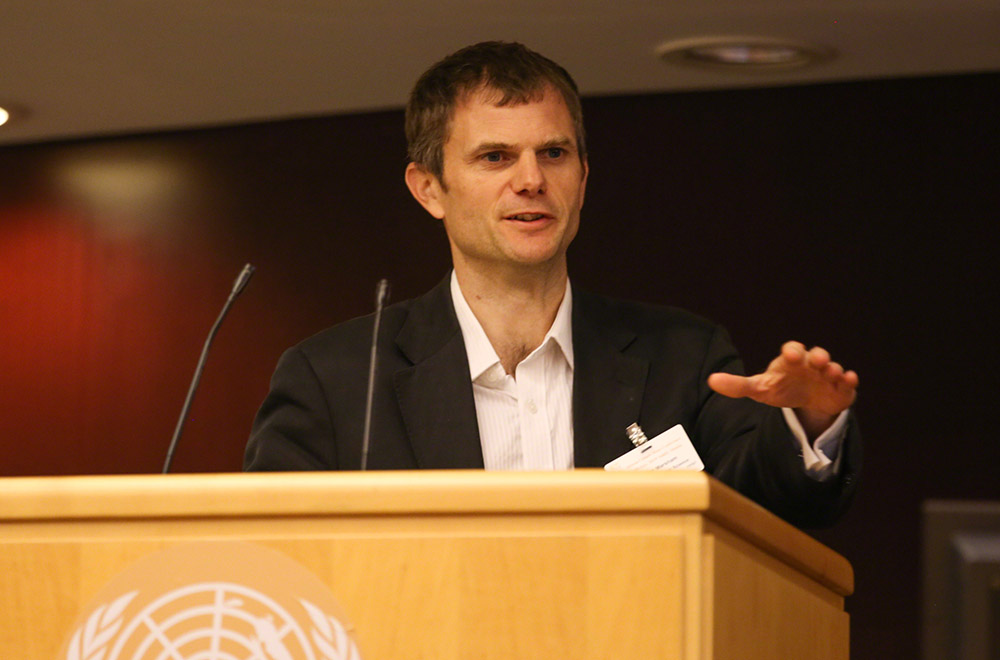
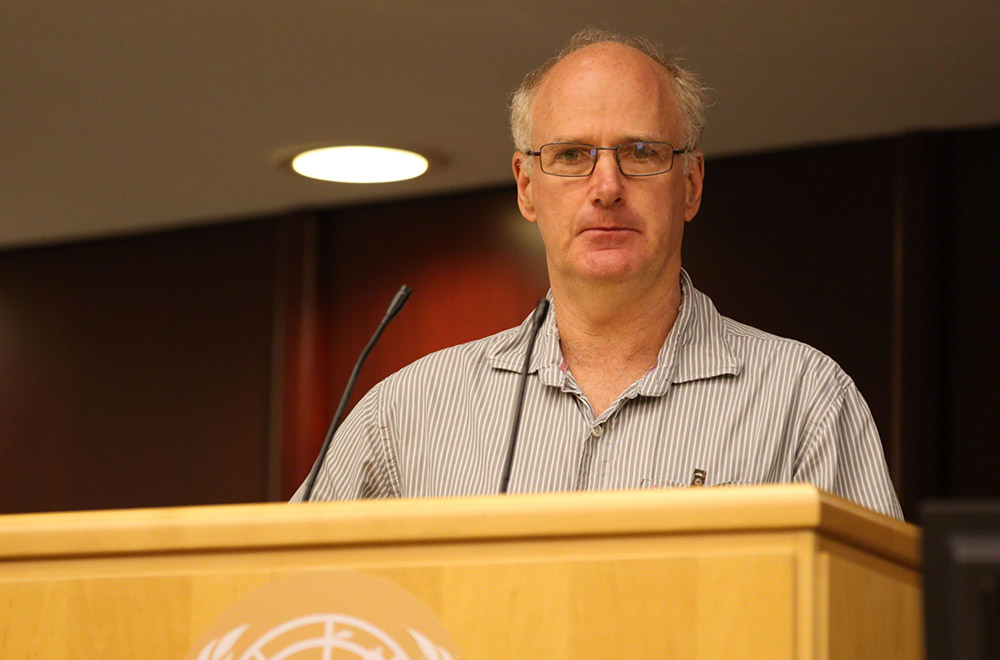
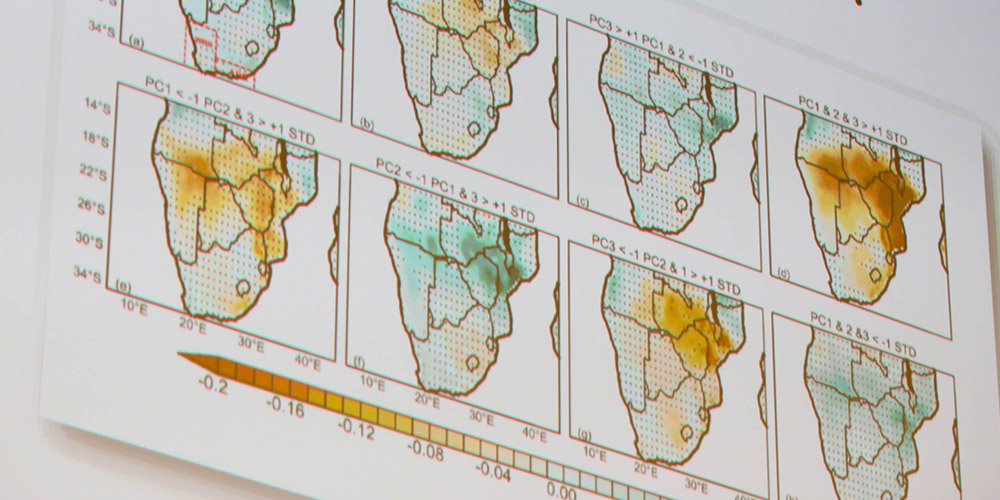
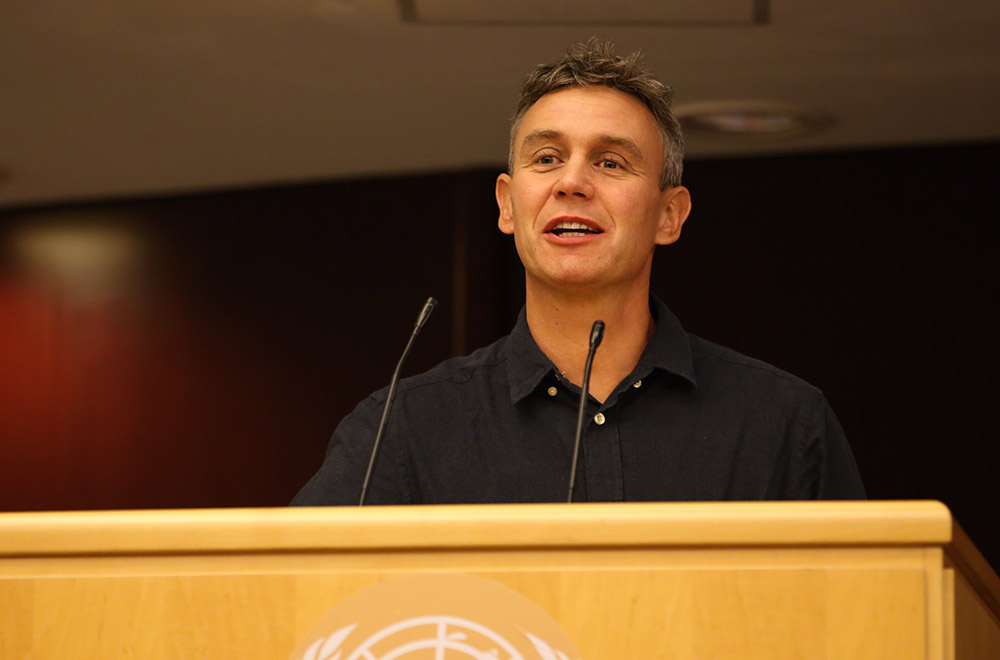
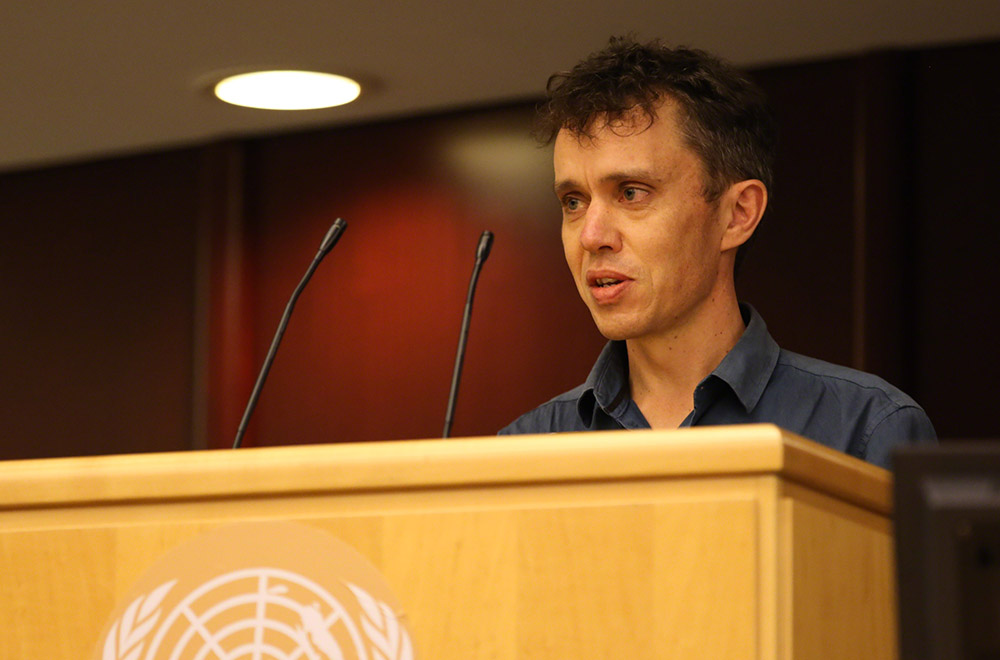
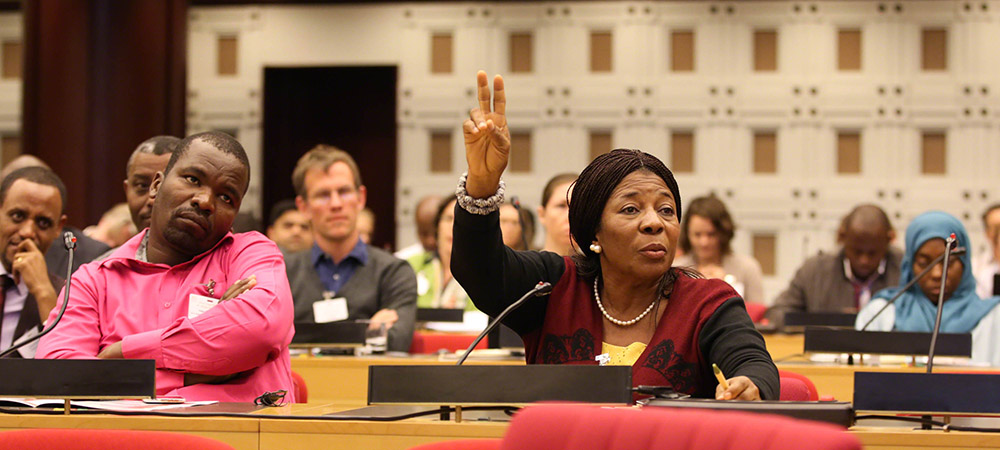
Theme 1: Latest Research on Climate Science of Africa
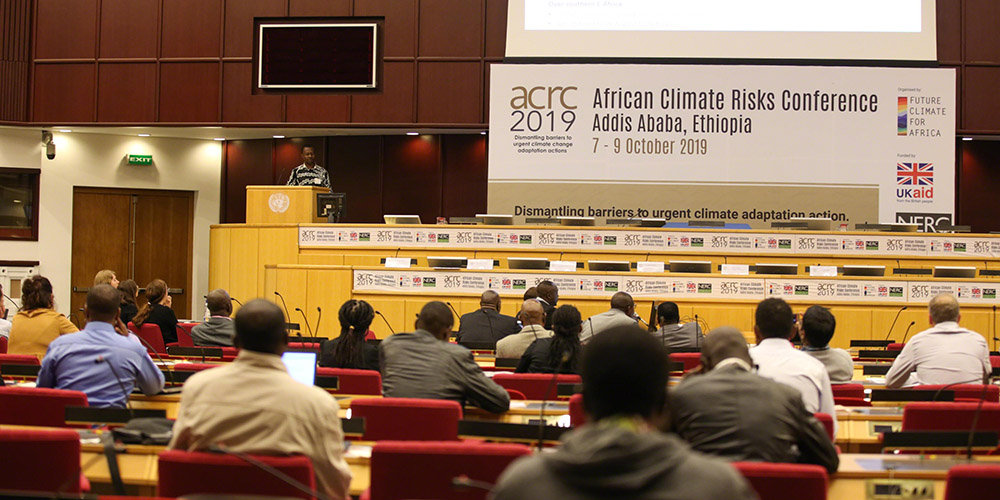
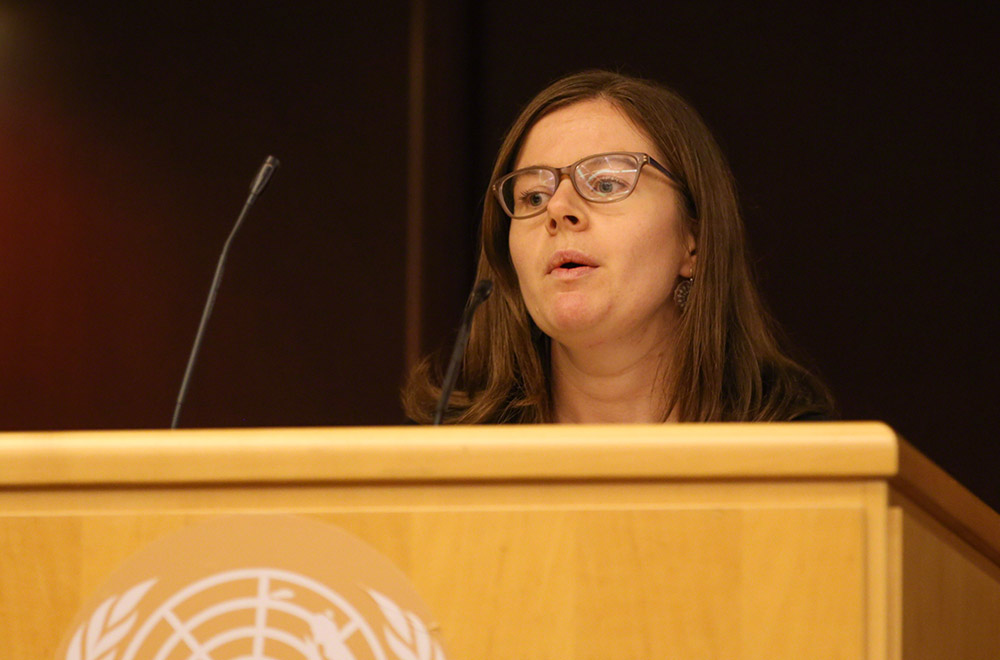
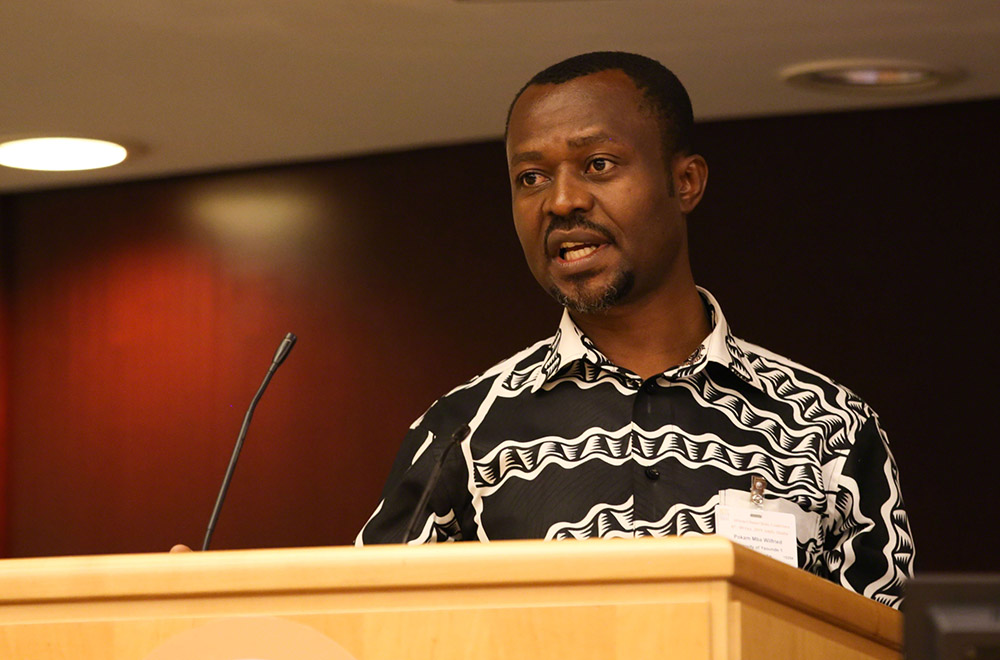
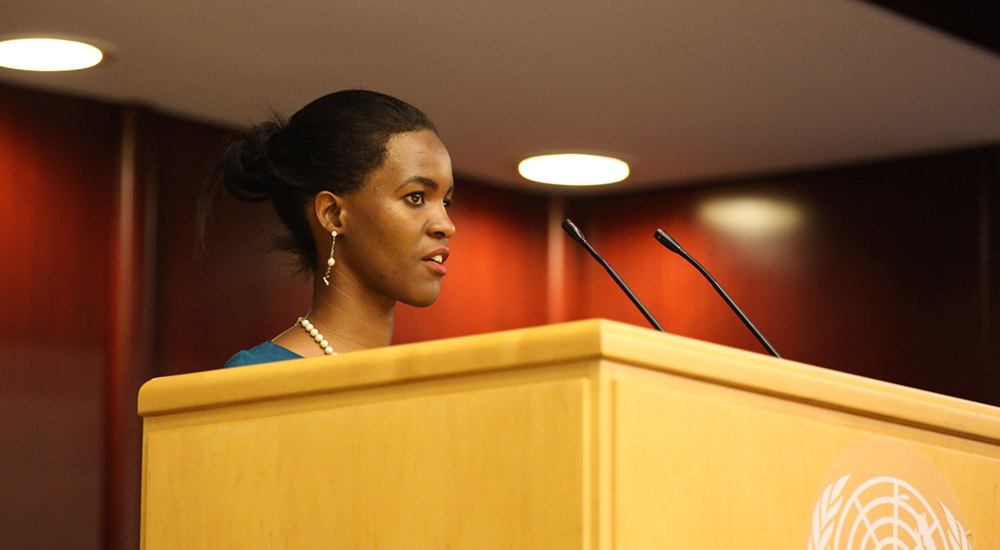
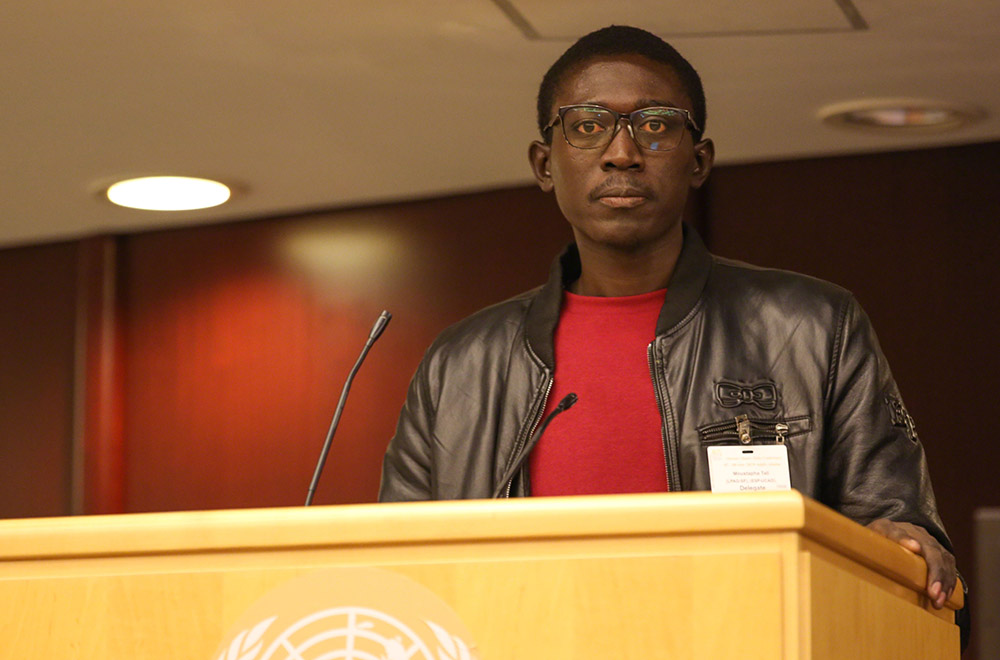
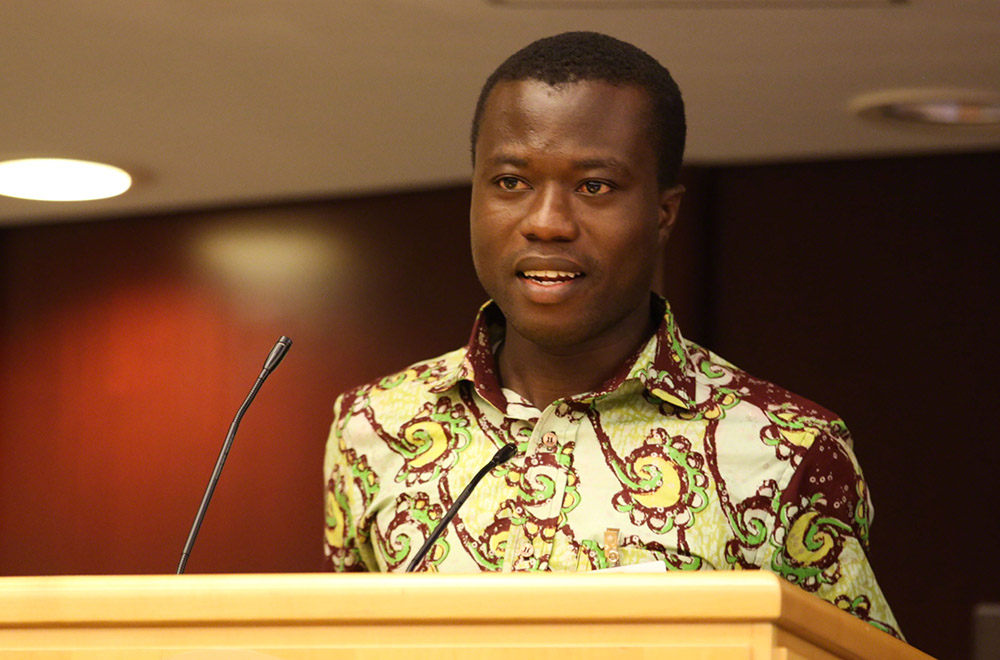
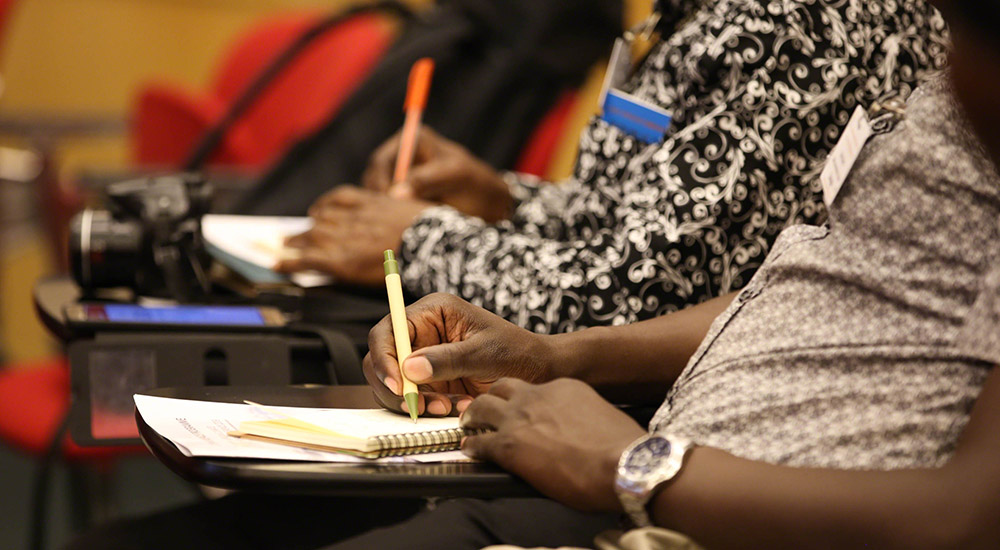
Theme 3: Evidence for Action - Climate Change Risk Analysis
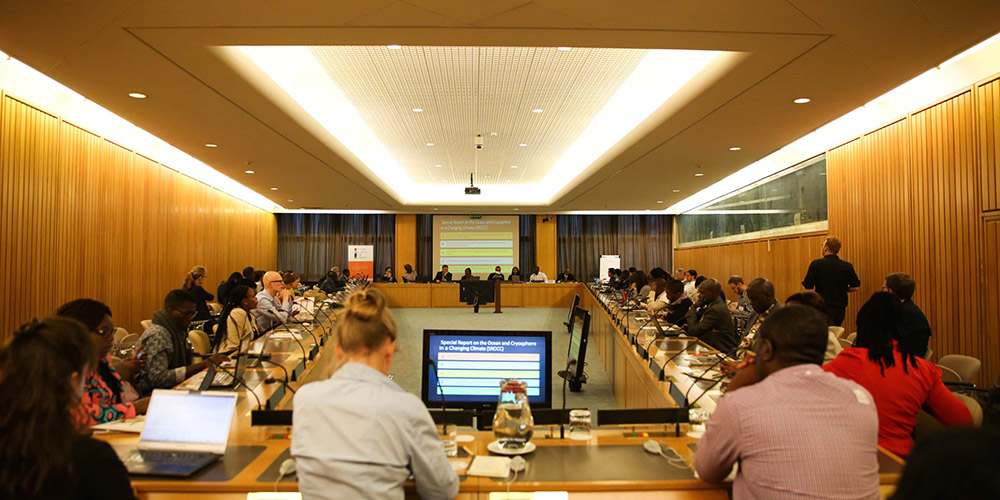
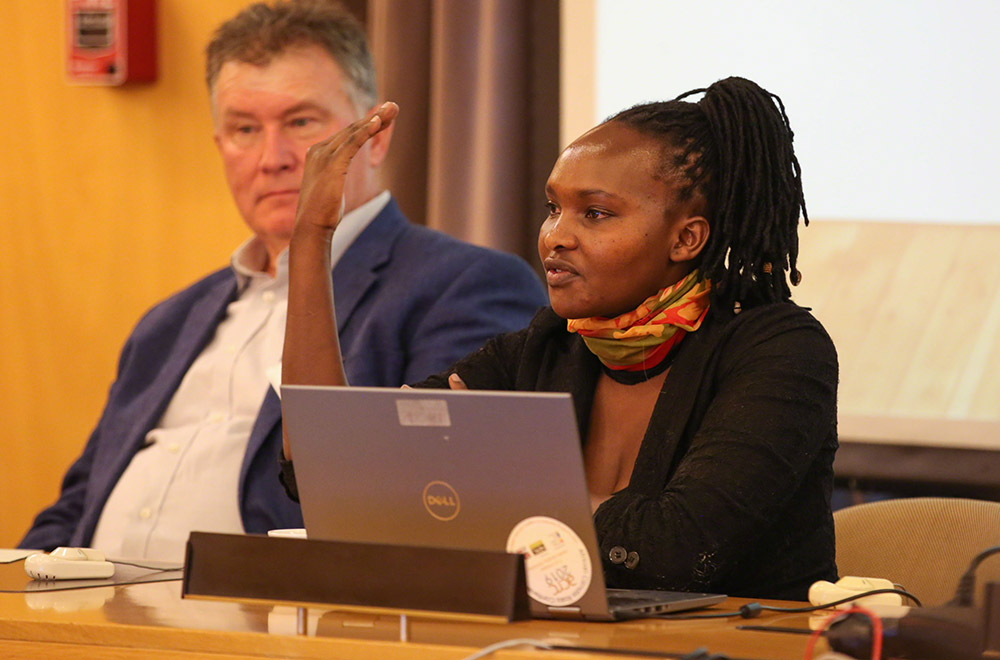
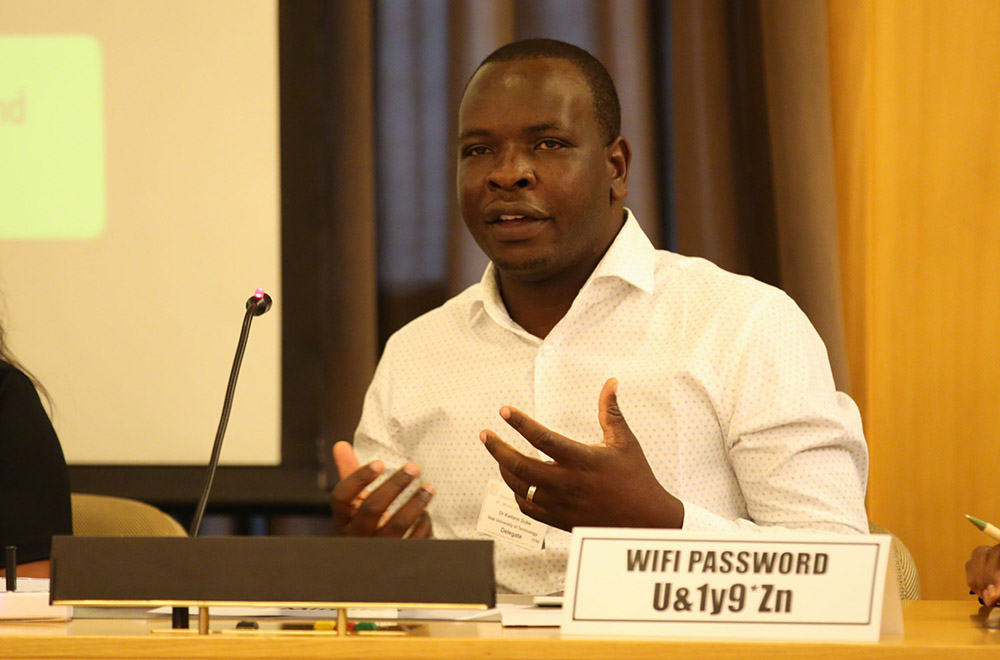
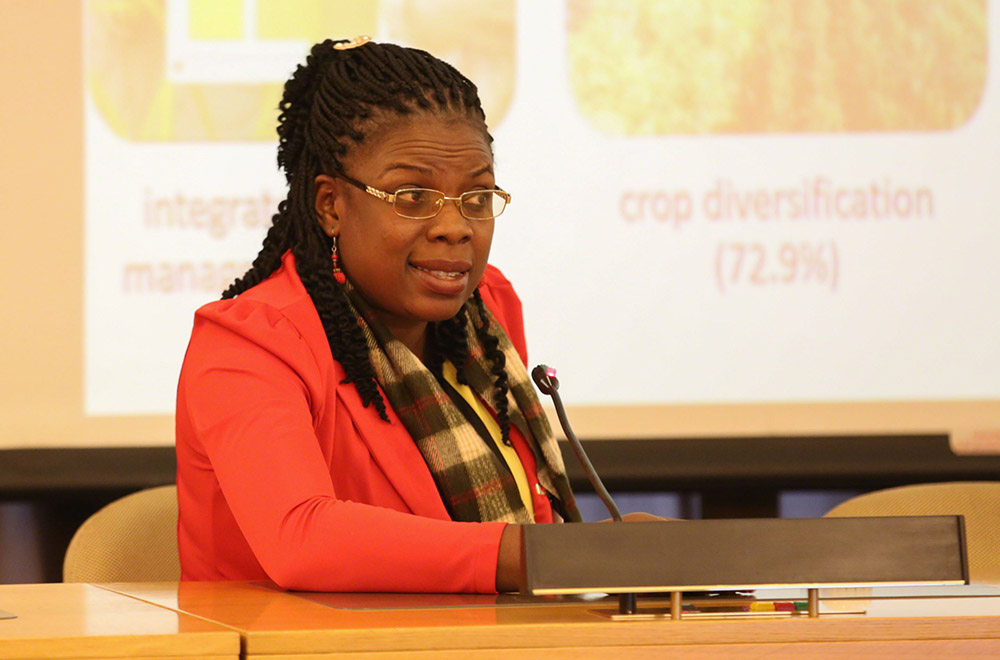
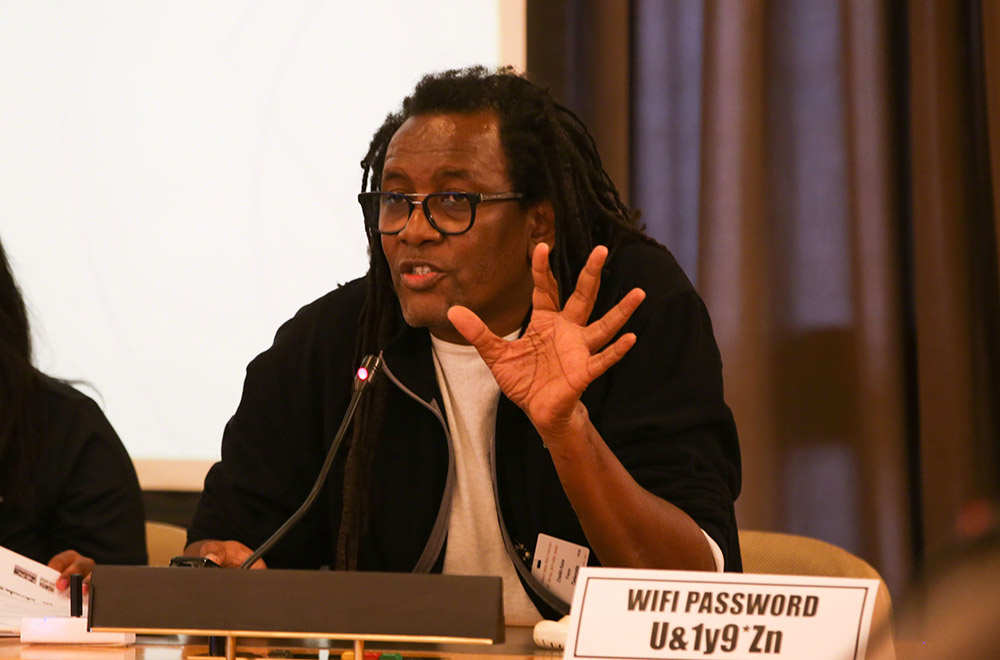
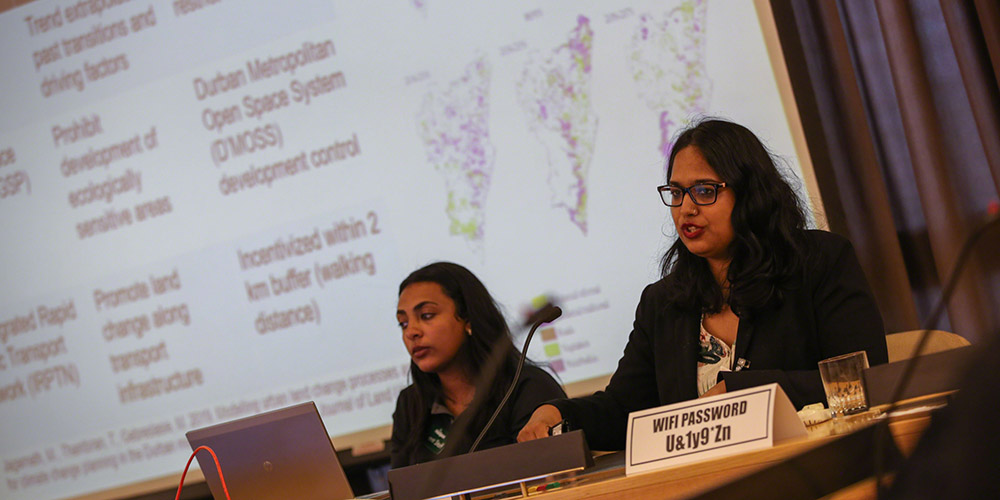
Theme 5: Co-Production of Knowledge Between Science, Business, Policy, Practice, and Local Communities
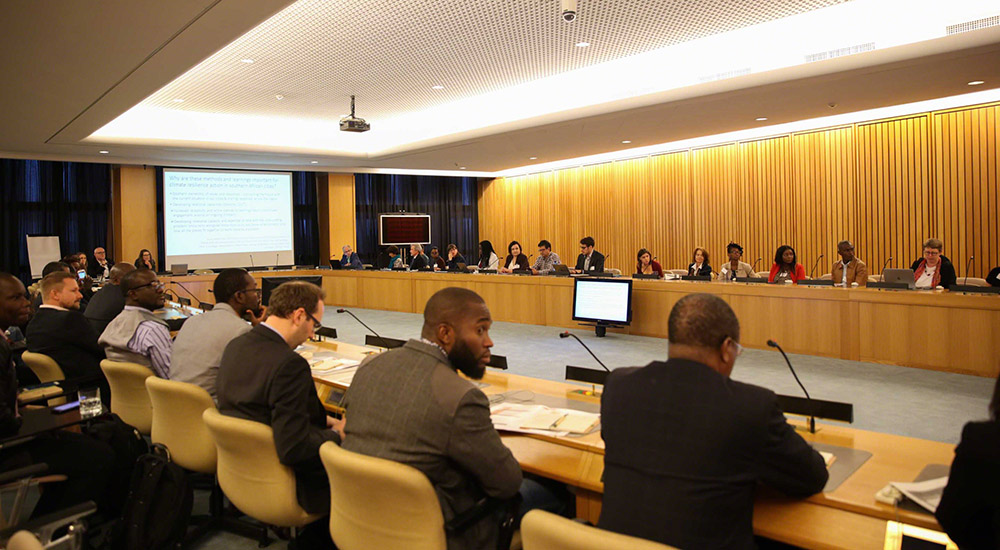
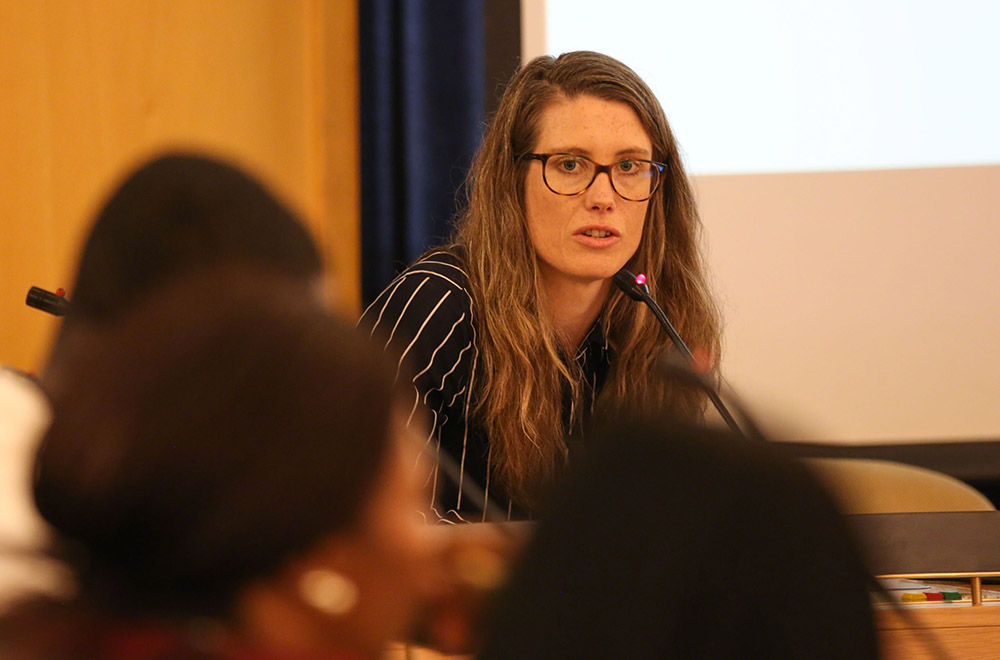
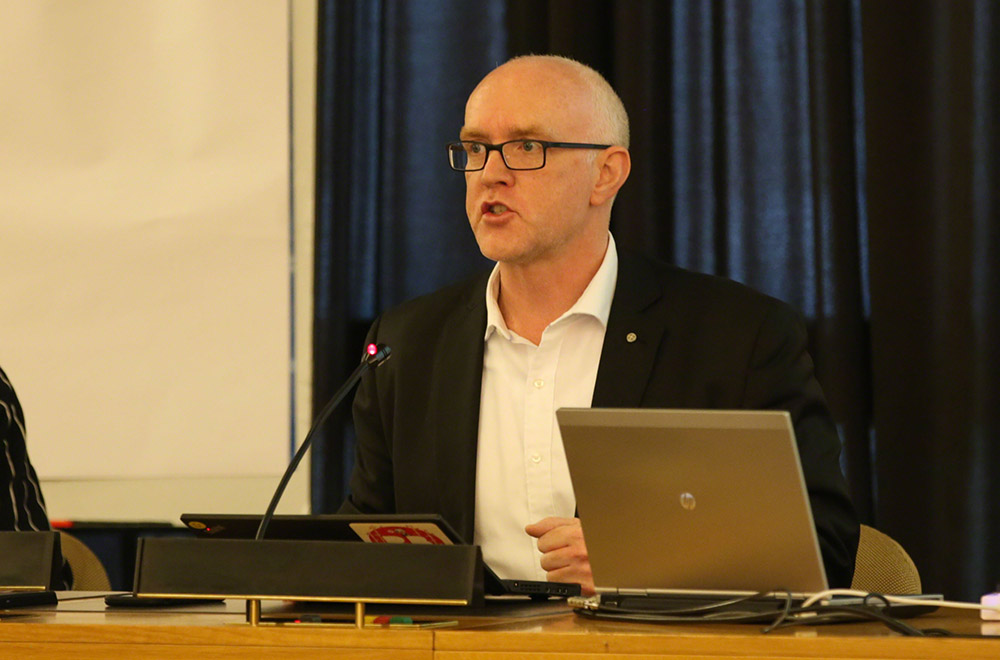
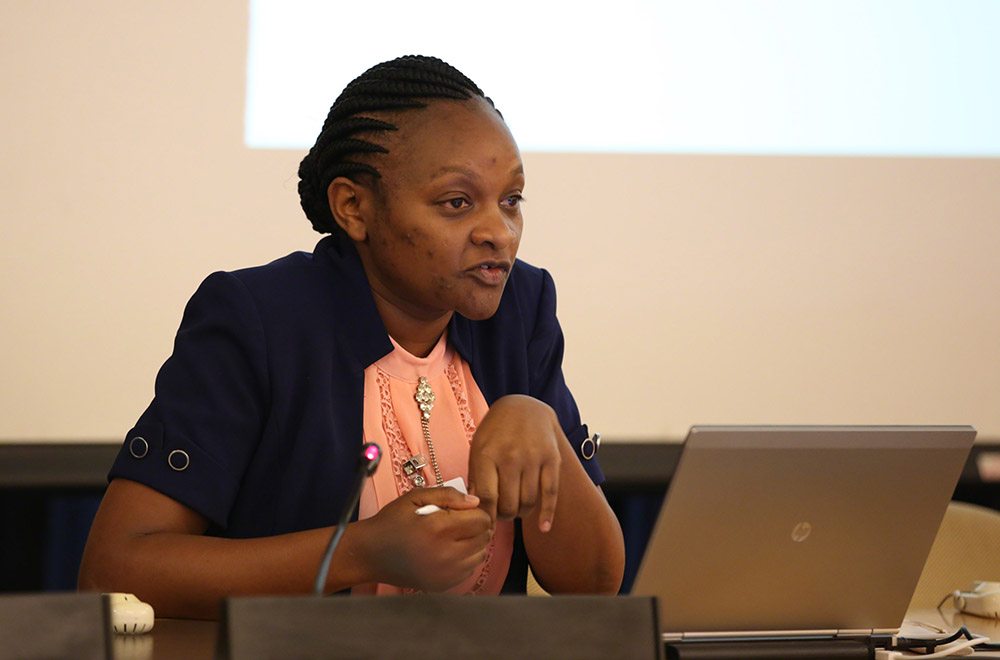

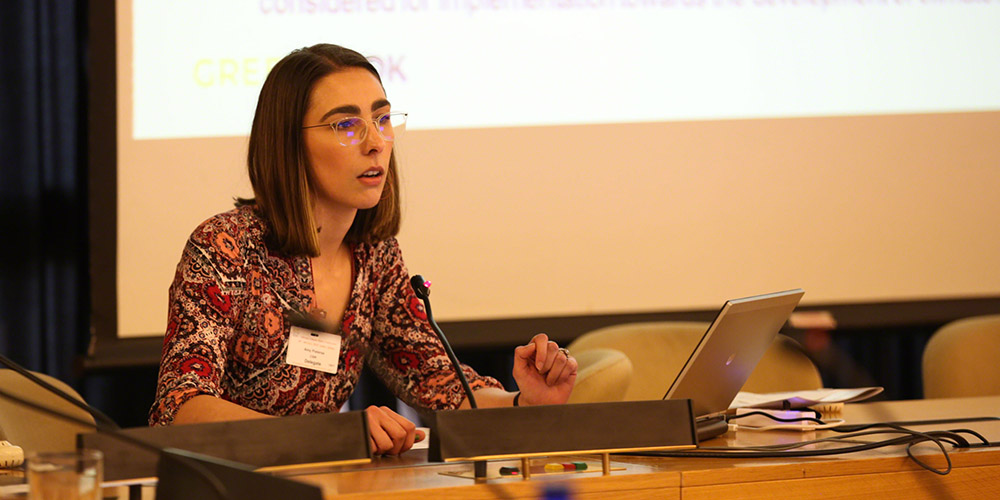
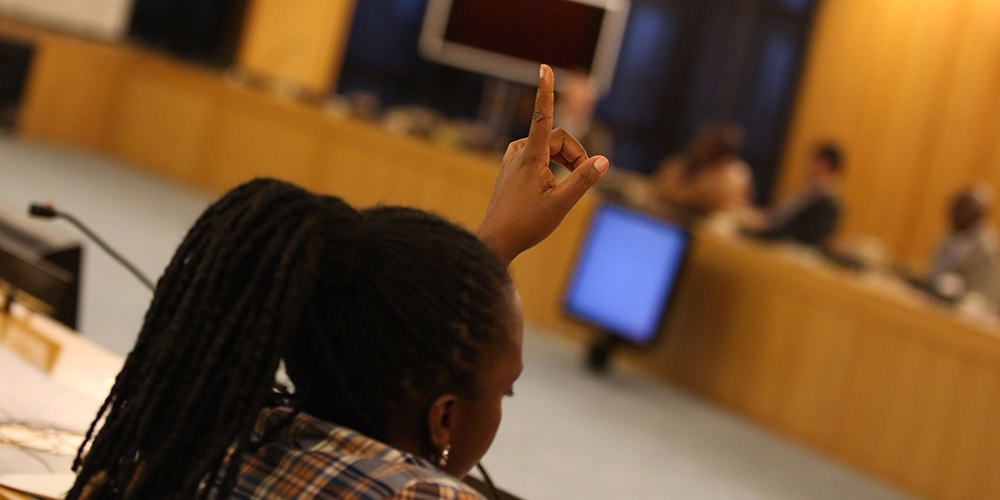
Workshops and Panel Sessions Throughout the Day
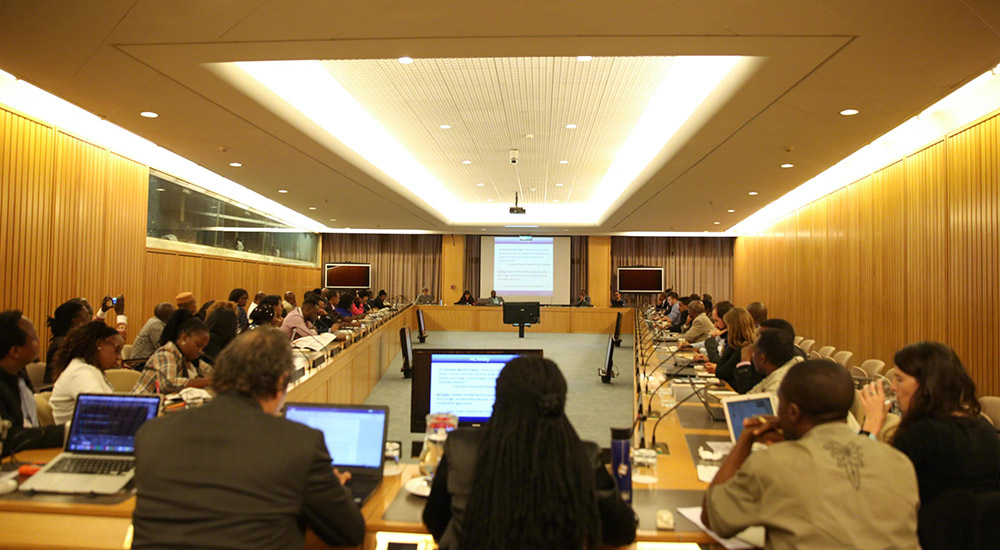
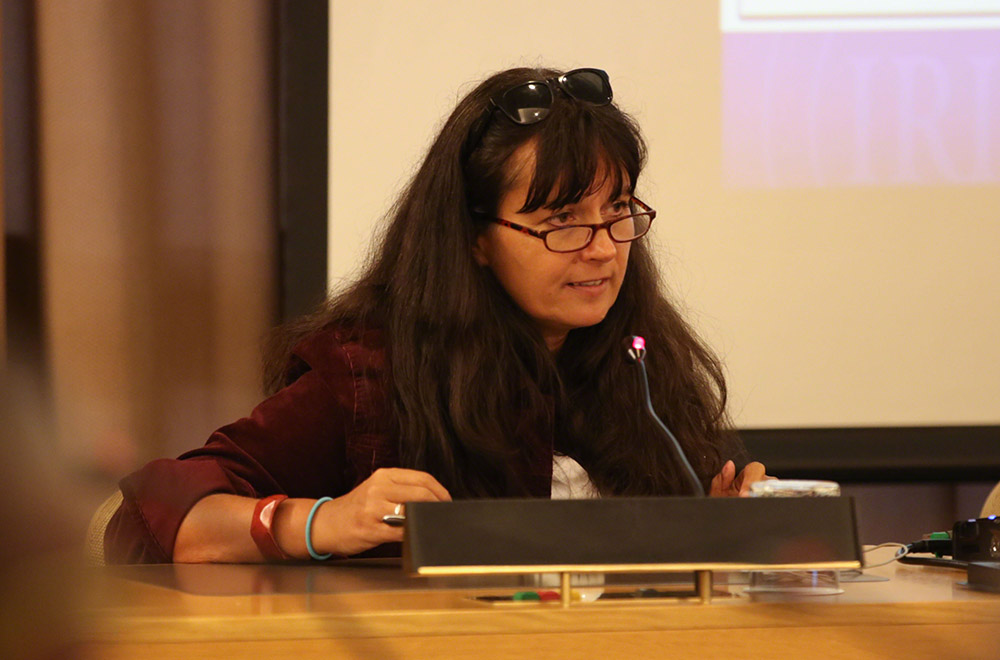
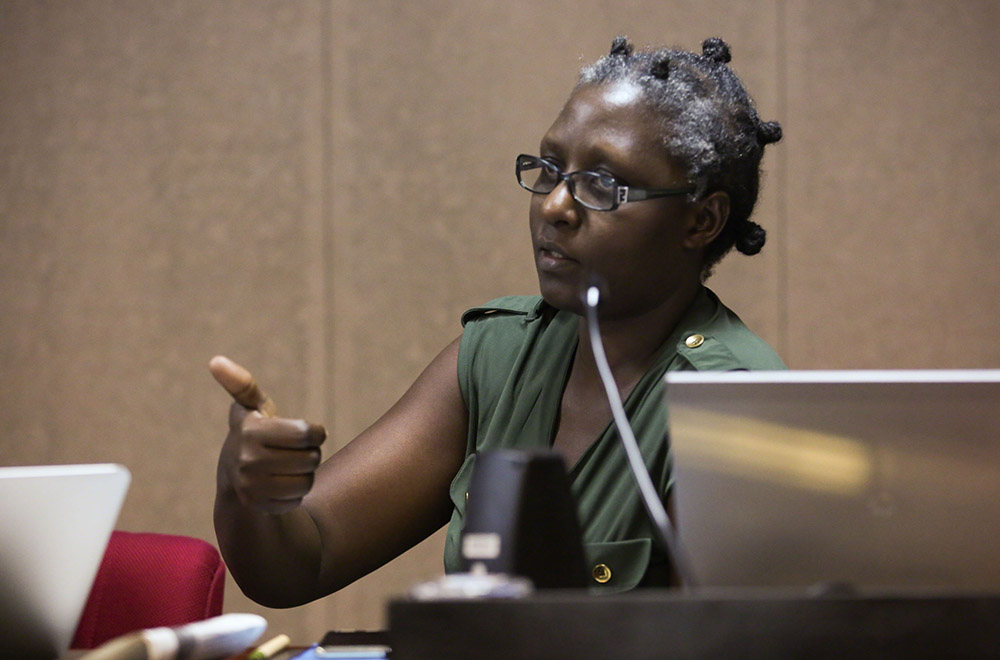
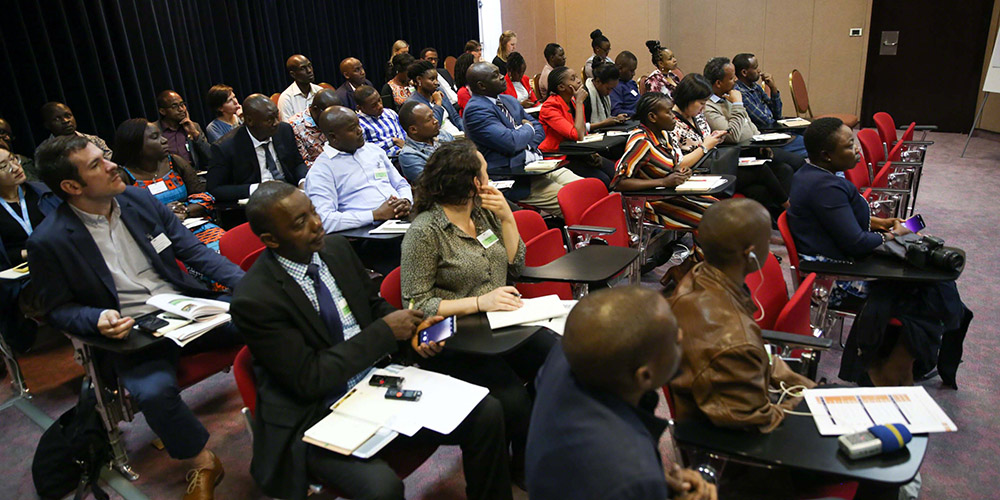
sub-Saharan Africa?'
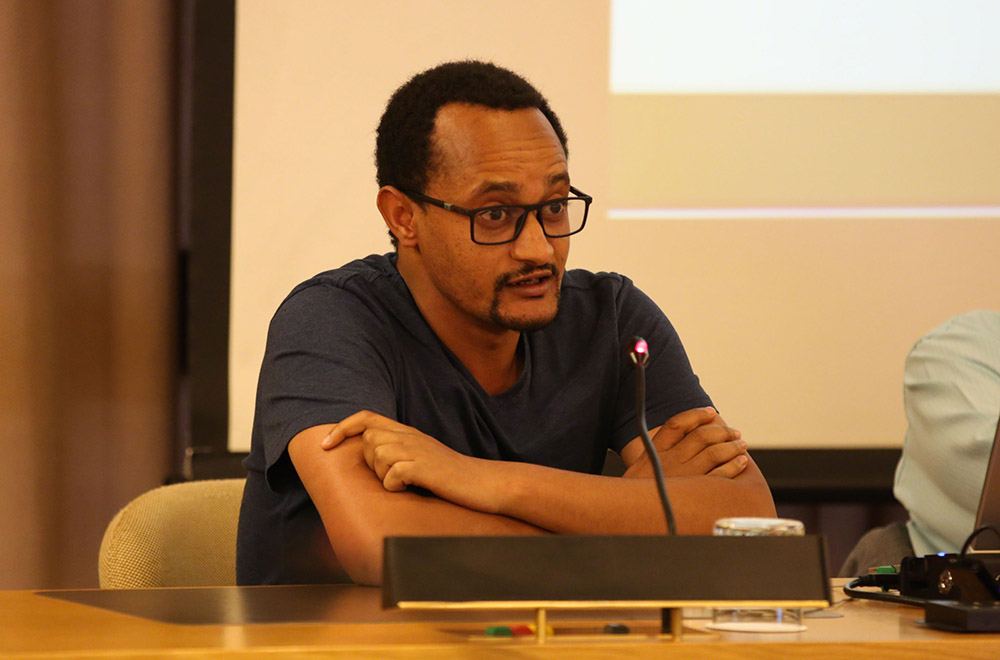
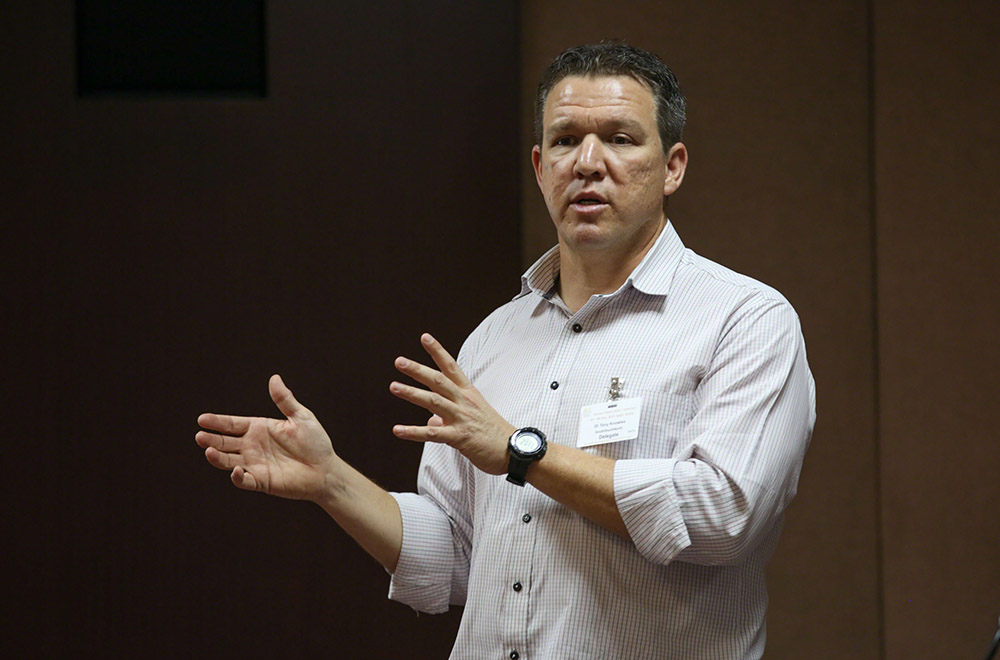
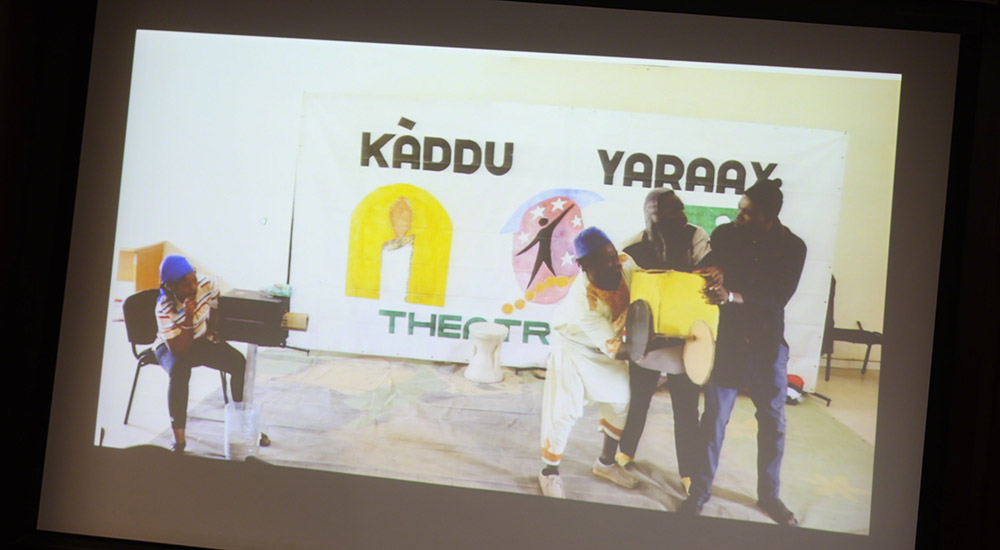
collaborative resilience-building through Theatre Forum.'
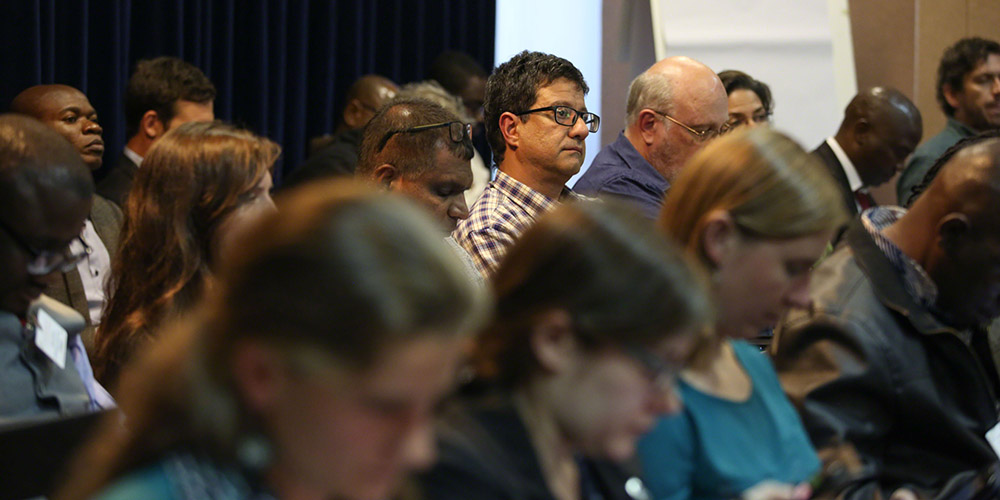
Around the Venue
